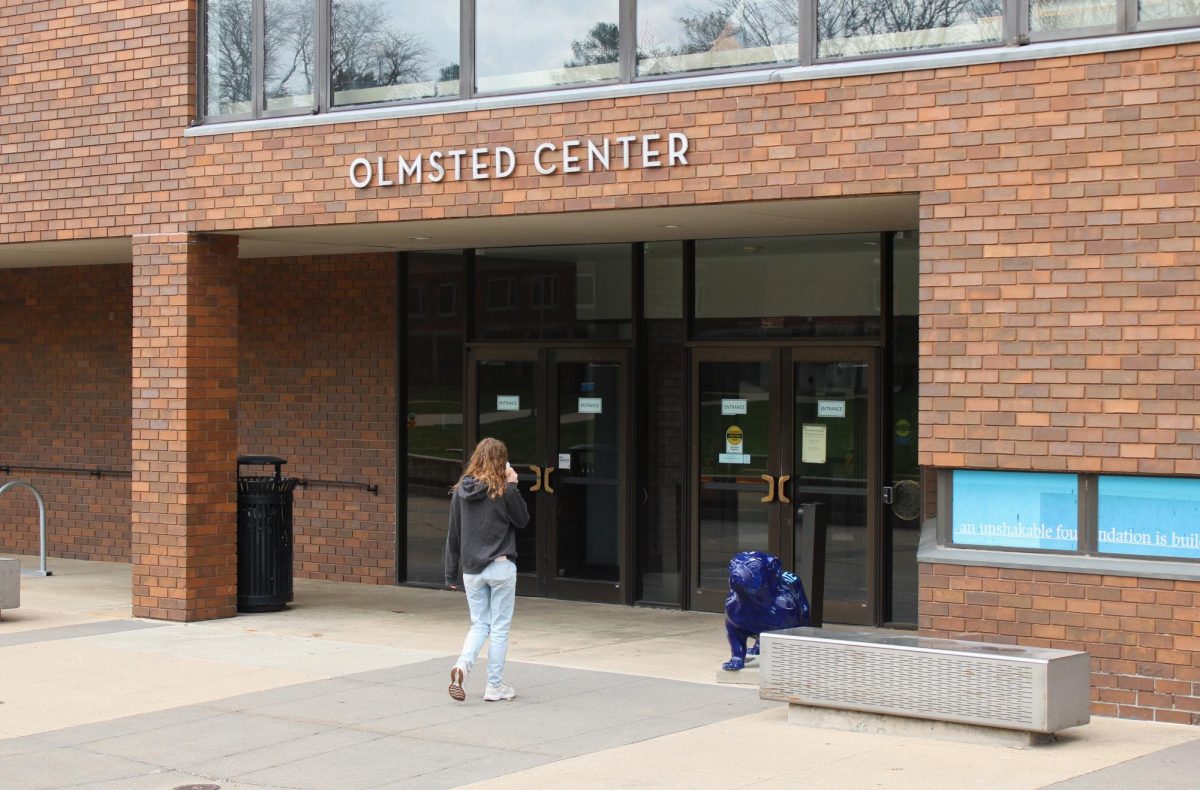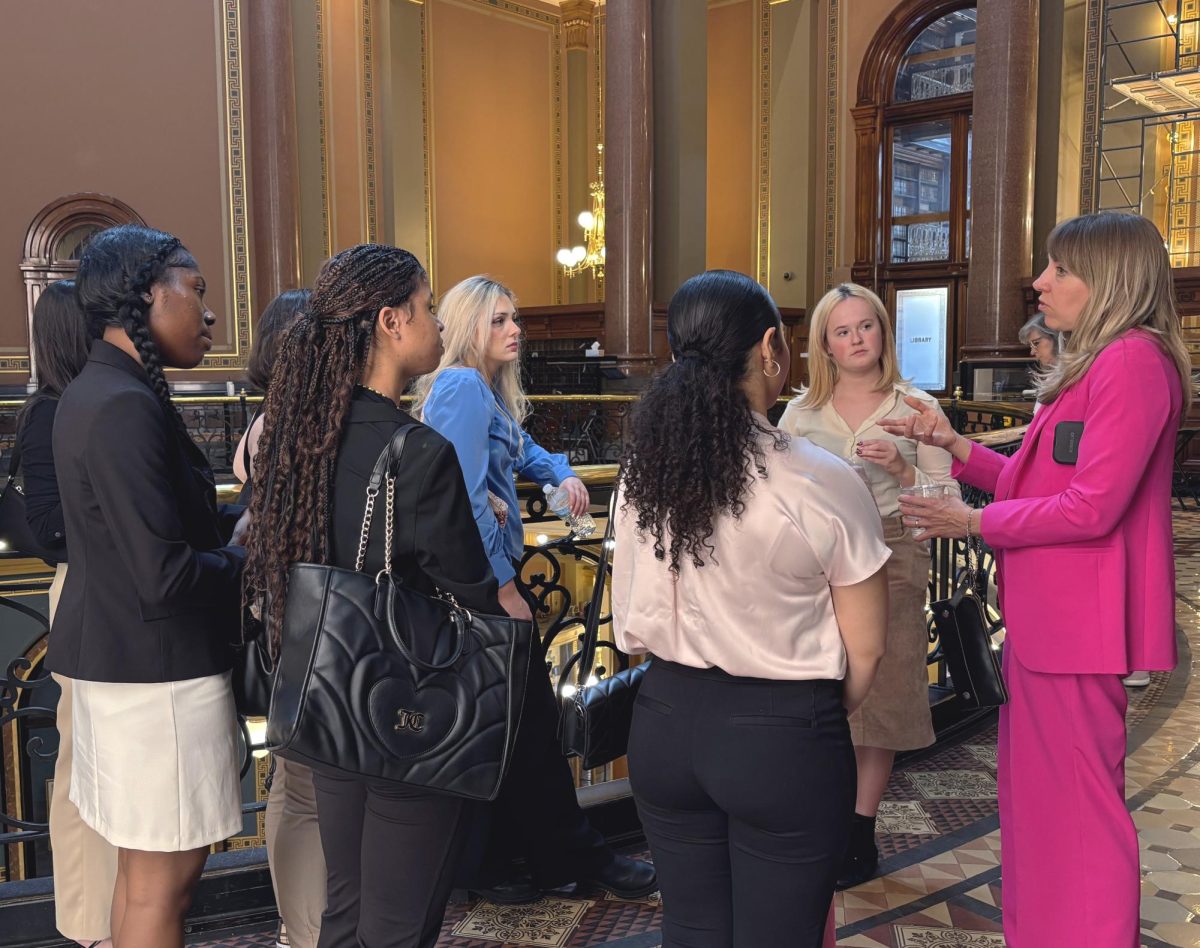War changes things. War changes people. It changes the land, it changes feelings, even perspectives. But most of all, war itself changes.
Niko Poulakos, professor of the class “Rhetoric and War” at Drake University said that war changes depending on the era of perspective. He also said that geographical areas and time periods affects the general public’s perception of war and how the reactions and the counterculture are spawned.
“In the 1960s you have a very West Coast, Berkley, San Francisco, California, kind of feeling movement that is burgeoning in a weird kind of tune in, turn on, drop out sort of philosophy,” Poulakos said, “which is much different than a crazy, excessive, over-the-top ironic performance that is going on today.”
Today’s anti-war movements revolve around critiques of the wars in an almost ironic matter now instead of the usual protests involving signs and chants.
“Instead of people marching through the streets with signs that read ‘No blood for oil,’ you will have people dressed in tuxedos, in 19th century dress costumes with signs reading ‘Billionaires for Bush,’” he said.
One such group that has protested in an ironic fashion is the Anarchist Cheerleaders, who don cheerleading uniforms to help their cause against a particular subject. Poulakos states that the recent trend of ironic protesting come from typical war resistance not being enough anymore–protesters want media coverage and to draw attention to the war itself.
Poulakos also adds that this new trend stems more from offshoots of other movements that could not gain attention.
“This isn’t necessarily a new concept,” he said, “because it begins in the 1960s where you have splits from groups. So, you’ll have a civil rights movement, but then you’ll have the Black Panther movement that comes as an offshoot of that.”
Today, the general public sees more of the offshoot groups thanks to a more ideologically driven need to protest instead of just being policy-based. Groups are also starting to attempt to mobilize everyday citizens instead of just a small group of people or students.
According to Poulakos the new question that has to be asked is: “What kind of an anti-war statement is that?” It’s no longer just about directly opposing the issue at hand, but rather bringing forth something that demands attention due to an “ideological culture.”
“We just don’t necessarily know what kind of (anti-war) statement it is,” he said.
Recently news has focused on the uprising in Egypt that began almost entirely due to social media. Poulakos thinks that social media will continue to change war in many ways. He cites WikiLeaks and Facebook as ways that people have helped organize movements.
Drew Kaufman, a first-year politics and history major, views social media as a tool for how war is viewed.
“It makes it easier for leaks to happen, but it also can lead to more peaceful revolutions as we saw in Egypt,” Kaufman said.
The military can even be affected by media as well. According to Poulakos, an “ongoing tango” has been danced between the media and the military about what and how much the media can report. This dance has been going on since the Vietnam War when reporters were first embedded and able to see, first-hand, what was going on in the war.
War itself does not change, according to Poulakos, but rather the context does.
“Because of media involvement in war, the fact that it (war) can be made up close and personal…that does something to the meaning of a war, and changed the public perception of it.”






